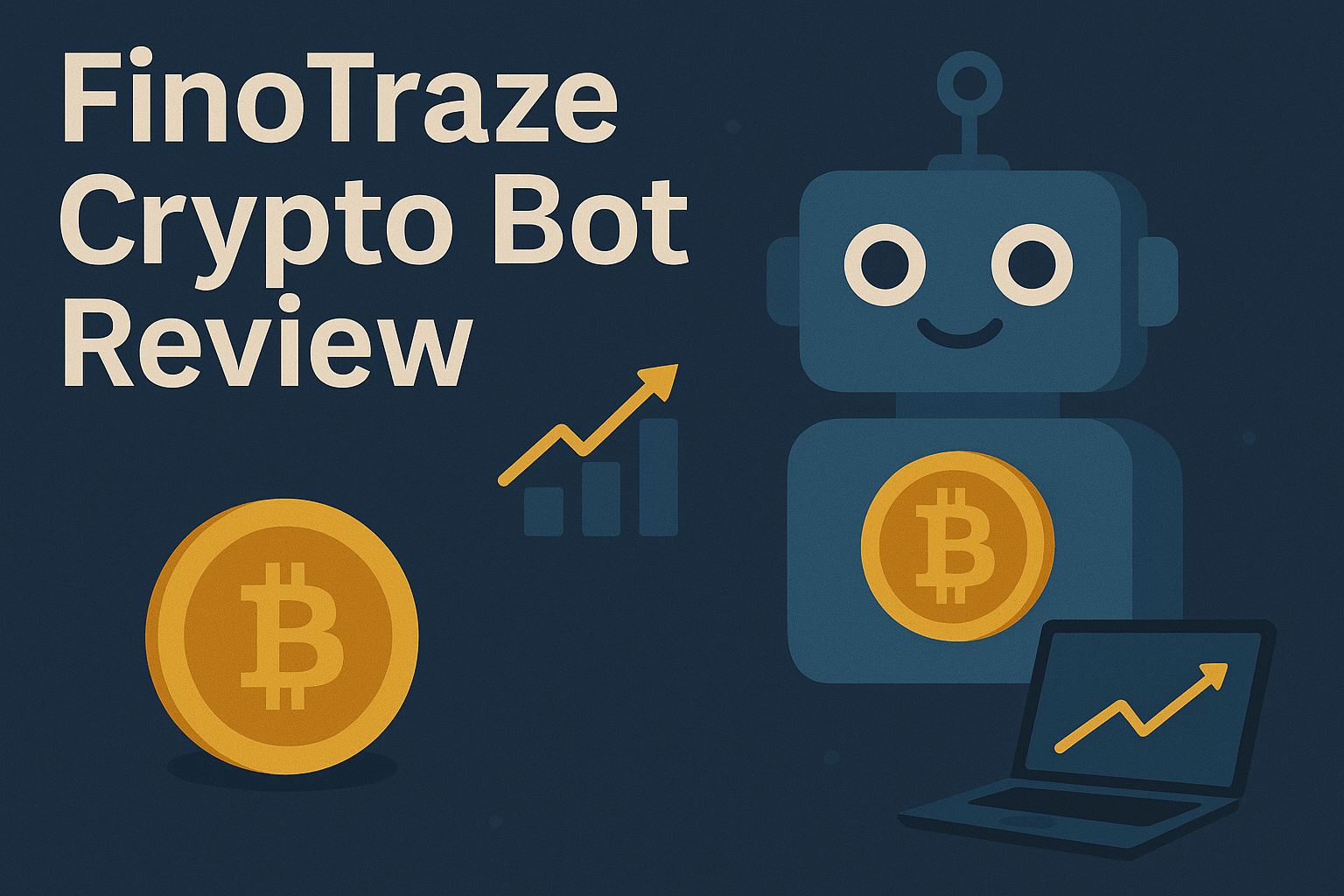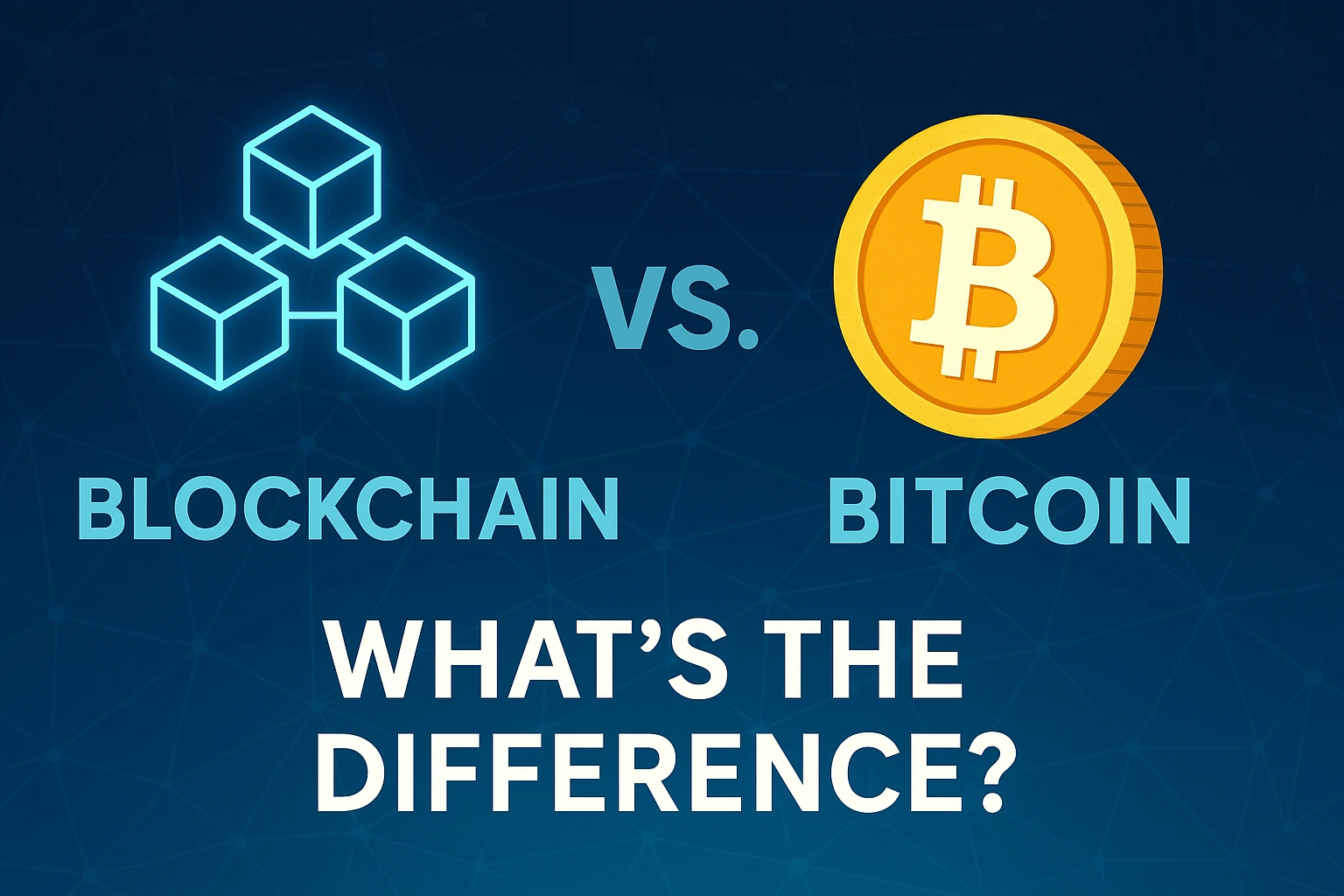-

How to Create Your Own Cryptocurrency: Step-by-Step Guide
-

FinoTraze Crypto Bot Review: A Complete Guide to Automated Trading
-

Lost Coins and Crypto Black Holes: Where the Money Disappears
-

Cryptocurrency Mining: How It Works, What Can Be Mined, and the Profit-Loss Landscape
-

ZeonGrow Crypto Bot Review
-

What Are the 3 Main Components of Blockchain?
-

Are Blockchain and Bitcoin the Same?
-

Can Blockchain Be Hacked? Security Explained
-

What Is X11 Mining? Complete Guide for 2025
-

How to Mine Bitcoin Cash: Complete Guide 2025